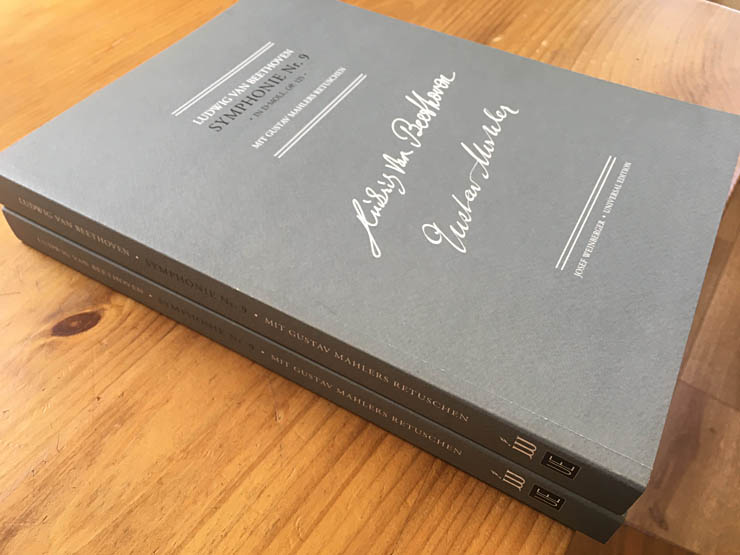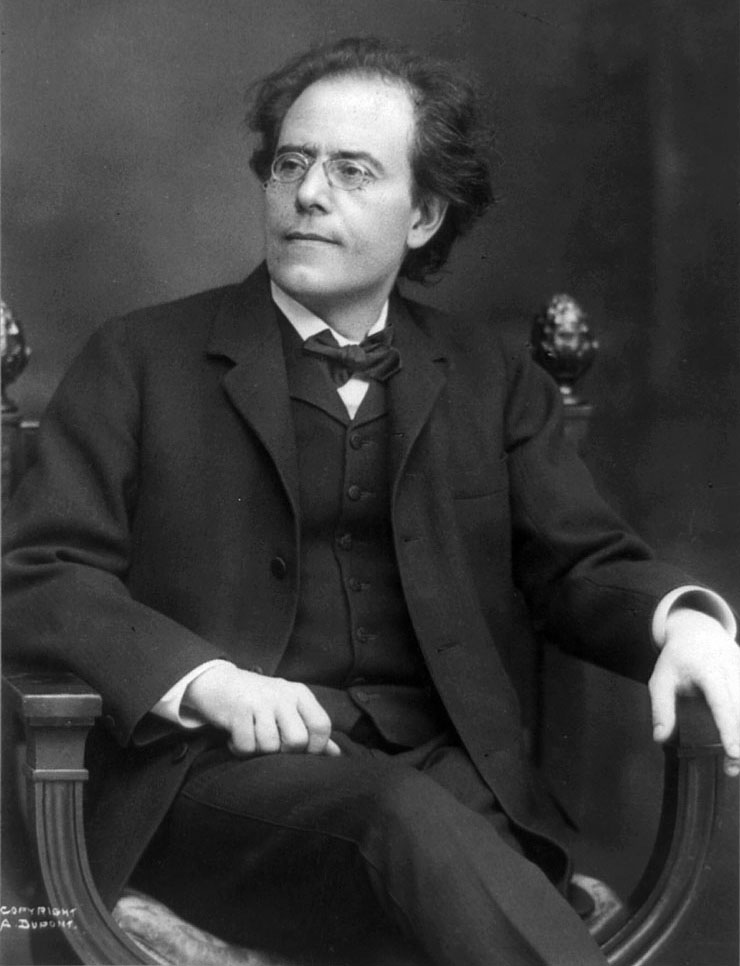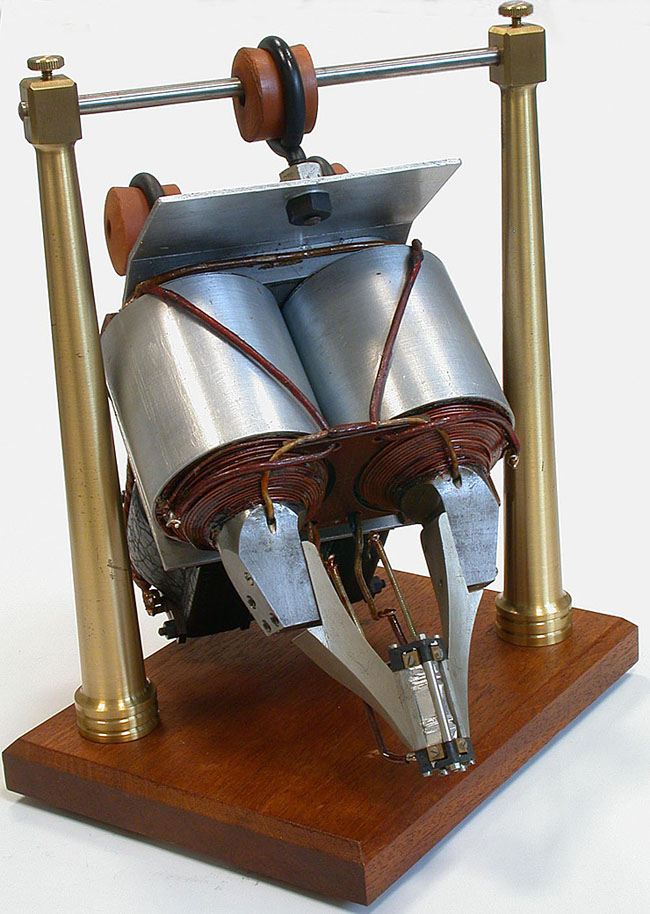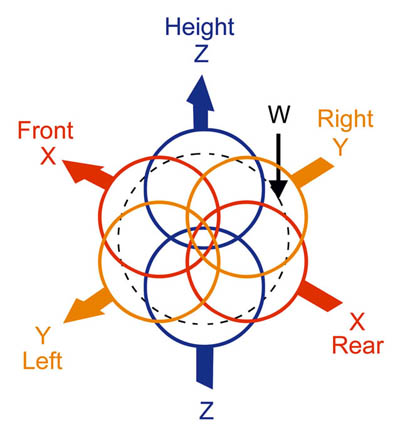Gustav Mahler conducted Beethoven’s Ninth Symphony on ten occasions: in Prague, Hamburg, Vienna, Strassburg and New York. For the last seven of these performances he prepared and used his own score and orchestral parts. I have transcribed and edited these materials...
The Off-stage Band in the Finale of
Mahler’s Second Symphony
In the early 1960s, classical music record producers adopted the ‘multi-mike’ recording techniques already in use for light music and movie music. While this paid large dividends for the popular music of the time, multi-miking was a mixed blessing in classical recording. There was a tendency to put microphones everywhere – “just in case” – and particularly to put them close to any off-stage performers. This often meant that, while the off-stage performers were picked up with great clarity, they no longer sounded “off-stage”. Recordings of Mahler’s Second Symphony often illustrate this tendency. In the finale, Mahler uses an off-stage band composed of several trumpets, triangle, cymbals and bass drum, writing in the score:
[Es] muss so schwach erklingen, dass es den Character der Gesangstelle Celli und Fag. in keinerlei Weise tangiert. Der Autor denkt sich hier, ungefähr, vom Wind vereinzelnd herüber getragene Klänge einer kaum vernehmbaren Musik.
[It] must sound so faint that it in no way affects the character of the melodic lines in the cellos and bassoon. The composer has in mind roughly the sounds of a barely audible music sporadically carried across by the wind.
We do not receive the above-described impression from Leonard Bernstein’s 1963 CBS recording.
New York Philharmonic / Leonard Bernstein, Sep 1963
The microphones used for the off-stage band on Rafael Kubelik’s recording are more discreetly balanced than Berstein’s. But even though they are mixed at the expected volume, it is impossible to ignore the immediacy of the sound that betrays their closeness.
Bavarian Radio Symphony Orchestra conducted by Rafael Kubelik, Feb/Mar 1969
We hear a more natural balance on Bernard Haitink’s concert recording. The off-stage band is indeed distant, even to the extent that one has to strain to hear it, as Mahler implied in his note.
Concertgebouw Orchestra / Bernard Haitink, Dec 1984
The above examples are expanded from David Pickett’s essay in the book Perspectives on Gustav Mahler, edited by Jeremy Barham and published by Ashgate Press, 2005.
Rev. 12 Dec 2018





